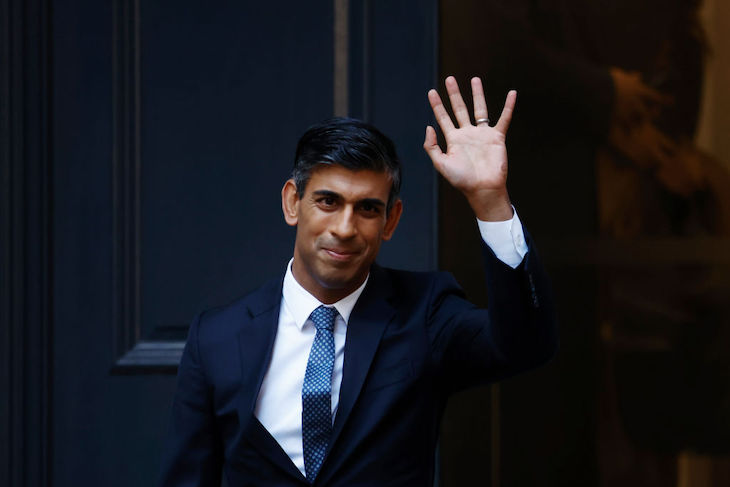The tougher language on China in today’s refreshed Integrated Review hasn’t been enough for a number of Conservative MPs, who used the Commons statement on the matter to complain. When Foreign Secretary James Cleverly unveiled the updated security and foreign policy strategy to MPs, he described the ‘increasingly aggressive military and economic behaviour of the Chinese Community party’.
The MPs who raised concerns were all well-known China hawks who were never going to be satisfied by the position Rishi Sunak has tried to take. Alicia Kearns, the chair of the Foreign Affairs Select Committee, told Cleverly that China should not just be seen as an economic rival. Iain Duncan Smith – not a fan of Sunak’s approach either – mocked the way the Prime Minister had gone from describing China as a ‘systemic threat’ to the milder ‘systemic challenge’ and again onto a relationship of ‘robust pragmatism’. Today’s line was even milder, Duncan Smith said:
But I now understand that it is an epoch-defining challenge. I just want to ask: in the document that the Prime Minister has produced today, in the same paragraph he does refer to that epoch-defining challenge. But then he goes on to say that this is in the face of that ‘threat’. Does this now mean that China is a threat? Or an epoch-defining challenge? Or a challenging government epoch? Or even none of that?
Cleverly’s reply was that it was more difficult to sum up the challenge posed by China in a single phrase in the way IDS and others wanted to. He had more support on this from the Labour frontbench, with shadow foreign secretary David Lammy telling the Commons:
On China, we recognise the scale and complexity of the challenge that its rise represents and the breadth of our interests that are at stake. The initiative to improve understanding of China in government is vital, particularly given the Foreign Office has only been training 14 people a year to speak fluent Mandarin. We need a strong, clear-eyed and consistent approach to China, working with partners and allies, and engaging with China where it is in our interests to do so. It feels after years of inconsistent and shifting approaches this is at least something we can welcome.
Lammy’s beef was more with the other ‘big decisions’ that he said the government ‘are still dragging their feet on’, including the long-term goal to spend 2.5 per cent of GDP on defence which ‘sounds, I’m afraid, like another hollow promise’. ‘There’s no plan,’ he added. ‘No timetable. I can tell him the last time that 2.5 per cent defence spending goal was met. It was in the last year of a Labour government. And it’s never been reached since then.’ His analysis was ‘that too much of the government’s effort is focused on undoing its own mistakes’, which is very much one of Labour’s central campaign themes. The other theme is that Labour takes defence and standing up for western values very seriously, something Lammy made very clear as he finished his speech, and something Cleverly took great joy in welcoming. He joked: ‘I am not a religious man, but I understand there is a phrase in the Bible that there is more joy in a sinner that repents, and it’s really good to hear… because I am joyful that the Labour frontbench has finally perhaps kicking and screaming come to the realisation…’ Labour isn’t the problem for Sunak on foreign policy, largely because the opposition is also trying to focus on undoing its own mistakes from the Corbyn years. Both parties are engaged in significant repair jobs on foreign policy.







Comments